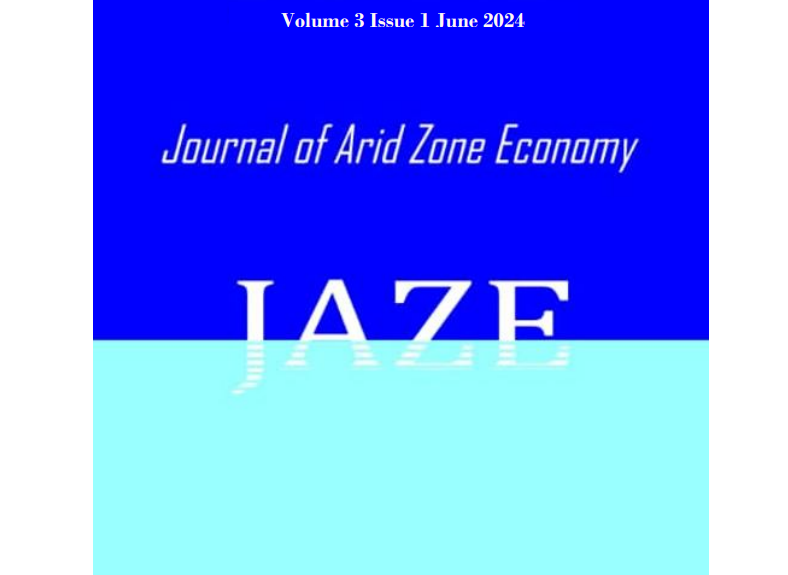Analysis of the Perception of Fish Sellers (Fatoma) on the Influence of Climate Change on Income in the Lake Chad Area Borno State, Nigeria
Keywords:
Perception, Climate change, Fish sellers, Income, Lake ChadAbstract
The study analyses the perception of fish sellers (Fatoma) on the influence of
climate change on income in the lake Chad area of Borno State, Nigeria. As
one of the major stakeholders in the value-chain, how the fish sellers perceive
the influence of climate change on their income crucial for any policy on their
profession. Reliability test was conducted on 15 climate change perception
(CCP) items and the overall and individual Cronback’s alpha coefficients
confirmed the reliability of all threat items. However, when exploratory factor
analysis (EFA) for sample adequacy was conducted, only 8 items where
retained. The correlation matrix revealed that the coefficients confirm
factorability. Finally, the confirmatory factor analysis and validity (convergent
discriminate) were conducted before subjecting those items for structural
equation modeling (SEM) analysis. The two endogenous climate change
perceptions (anthropocentric (human) and natural) and the exogenous
variables used to estimate the path coefficients to ascertain the relationship
between the variables. The results of the SEM analysis suggest that experienced
fish sellers perceived higher income in the face of climate change. Also, the
experienced Fatoma perceived anthropocentric CCP more than the natural
CCP as a threat to their livelihood. However, the study did not establish a
significant relationship between the two climate change dimensions and
income. It is recommended that policies to improve income of fish sellers should
target the anthropogenic more than the natural dimension of climate change
perceptions.

Downloads
Published
Issue
Section
License
Copyright (c) 2024 Journal of Arid Zone Economy

This work is licensed under a Creative Commons Attribution 4.0 International License.

